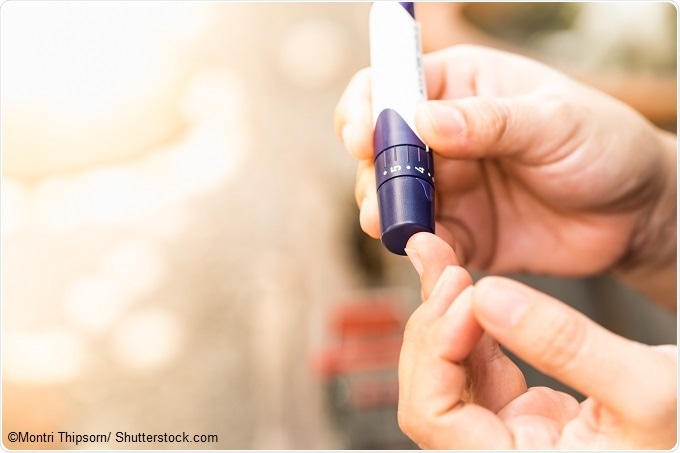Jul 19 2017
The new ‘National Diabetes Statistics Report’ released by the Centers for Disease Control and Prevention (CDC) on 18th July 2017, says that over 100 million adults in U.S. are presently living with prediabetes or diabetes. According to the report, as of 2015, 9.4 % of the U.S. population, i.e., 30.3 million people have diabetes and 84.1 million were diagnosed with prediabetes, which if left untreated causes type 2 diabetes in five years.
It is confirmed by the study that the rate of diagnoses of new diabetes remains stable, yet, the disease continues to be a growing health issue. And in 2015, diabetes was the seventh leading cause of death in the U.S.
Brenda Fitzgerald, M.D, the Director of CDC said: “Although these findings reveal some progress in diabetes management and prevention, there are still too many Americans with diabetes and prediabetes. More than a third of U.S. adults have prediabetes, and the majority don’t know it. Now, more than ever, we must step up our efforts to reduce the burden of this serious disease.”
Diabetes, even though a serious condition that increases the risk of severe health complications such as, premature death, loss of vision, heart disease, stroke, kidney failure, and amputation of toes, feet, or legs, can usually be managed through physical activities, diet, as well as the suitable use of insulin and other medications to control levels of blood sugar.

In order to provide information on diabetes prevalence and incidence, prediabetes, risk factors for complications, acute and long-term complications, mortality, and costs in the U.S, CDC releases the National Diabetes Statistics Report approximately every two years. For the first time, the newly released report contains county-level data, which shows that a few areas of the county possess a heavier diabetes burden than others.
The highest rates of diagnosed diabetes as well as of new cases were seen in the southern and Appalachian areas of the United States.
Comparing with Asians and non-Hispanic whites, whose rate of diagnosed diabetes is 8% and 7.4% respectively, American Indians/Alaska Natives (15.1%), non-Hispanic blacks (12.7%), and Hispanics (12.1%) had a higher rate of diagnoses.
According to the findings of the report, among people of 18 years and above, approximately 1.5 million new cases were diagnosed with diabetes in 2015. Nearly 1 among 4 adults, who live with diabetes (7.4 million Americans) didn’t know that they had the disease. Only 11.6 % of the adults with prediabetes knew they had it.
The report also shows that the rate of diagnosed diabetes increased with age and decreased with increase in educational qualification. Among adults ages 18 to 44, 4% had the condition, whereas, for those ages 45 – 64, the rate is 17% and for 65 years or above, it is increased to 25%.
Amid adults in the U.S. with less than a high school education, 12.6 % had diabetes. The rate decreases to 9.5% and 7.2% respectively among those with a higher education and those with a high school education.
Ann Albright, Ph.D., R.D., director of CDC’s Division of Diabetes Translation said: “Consistent with previous trends, our research shows that diabetes cases are still increasing, although not as quickly as in previous years.”
The National Diabetes Prevention Program (National DPP) was established by CDC to reduce the impact of prediabetes and type 2 diabetes in the U.S. It provides the framework for type 2 diabetes prevention efforts. A proof-based, year-long behavior change program that aims at losing a modest amount of weight and considerably reduce the risk of type 2 diabetes by improving food habits and increasing physical activities.